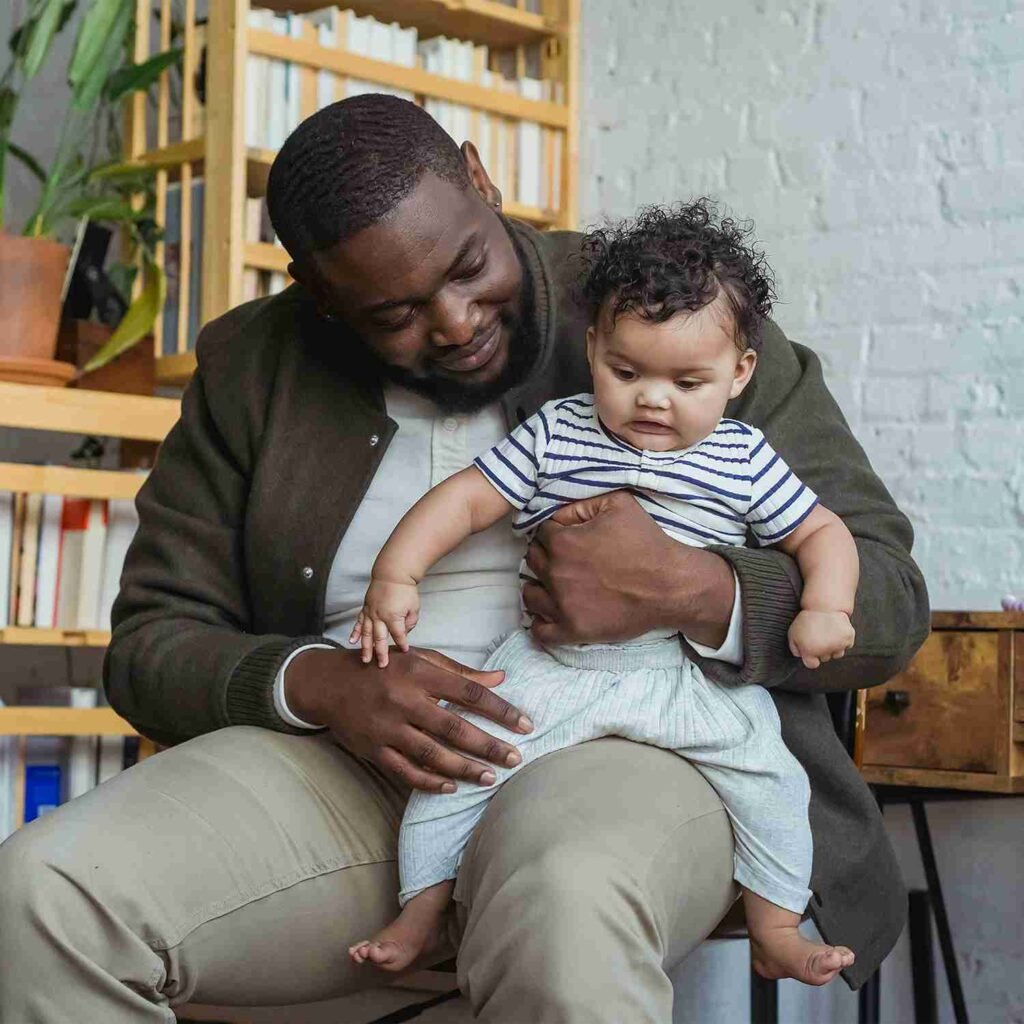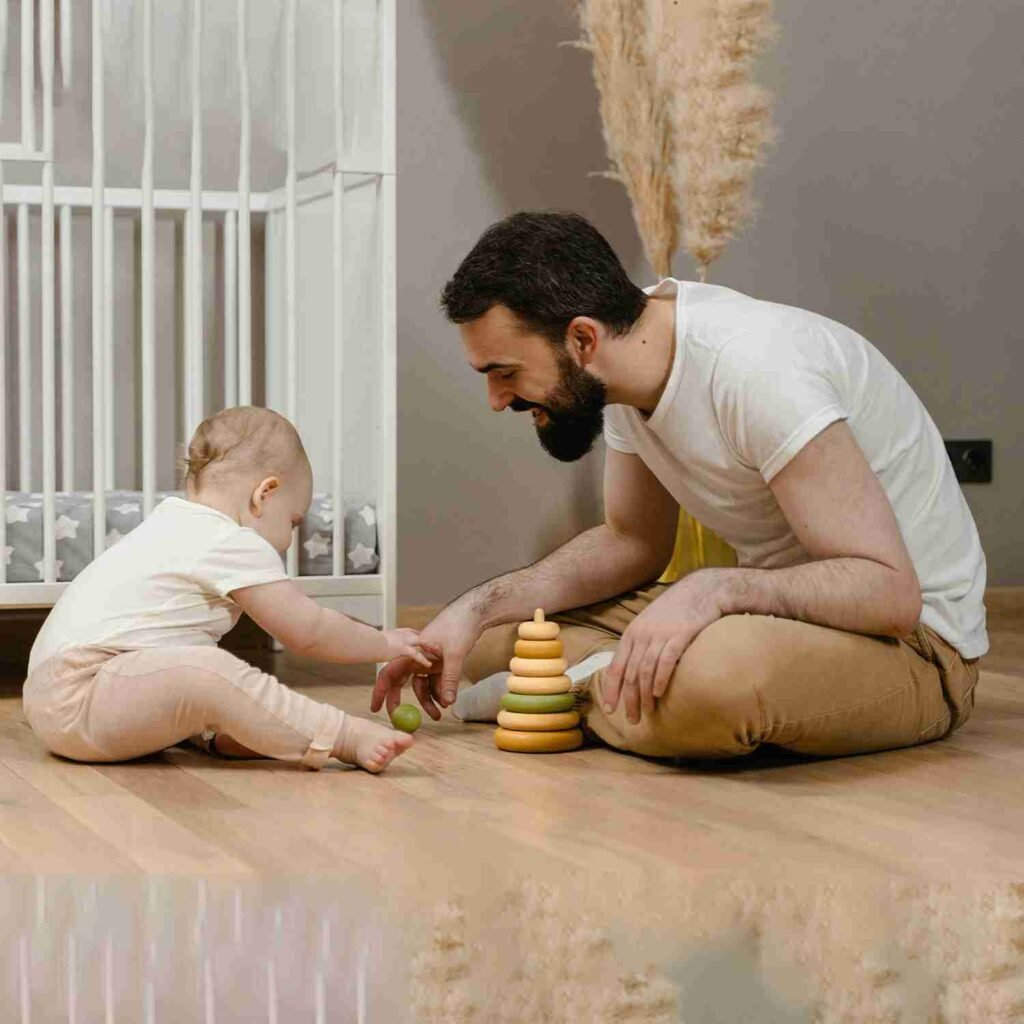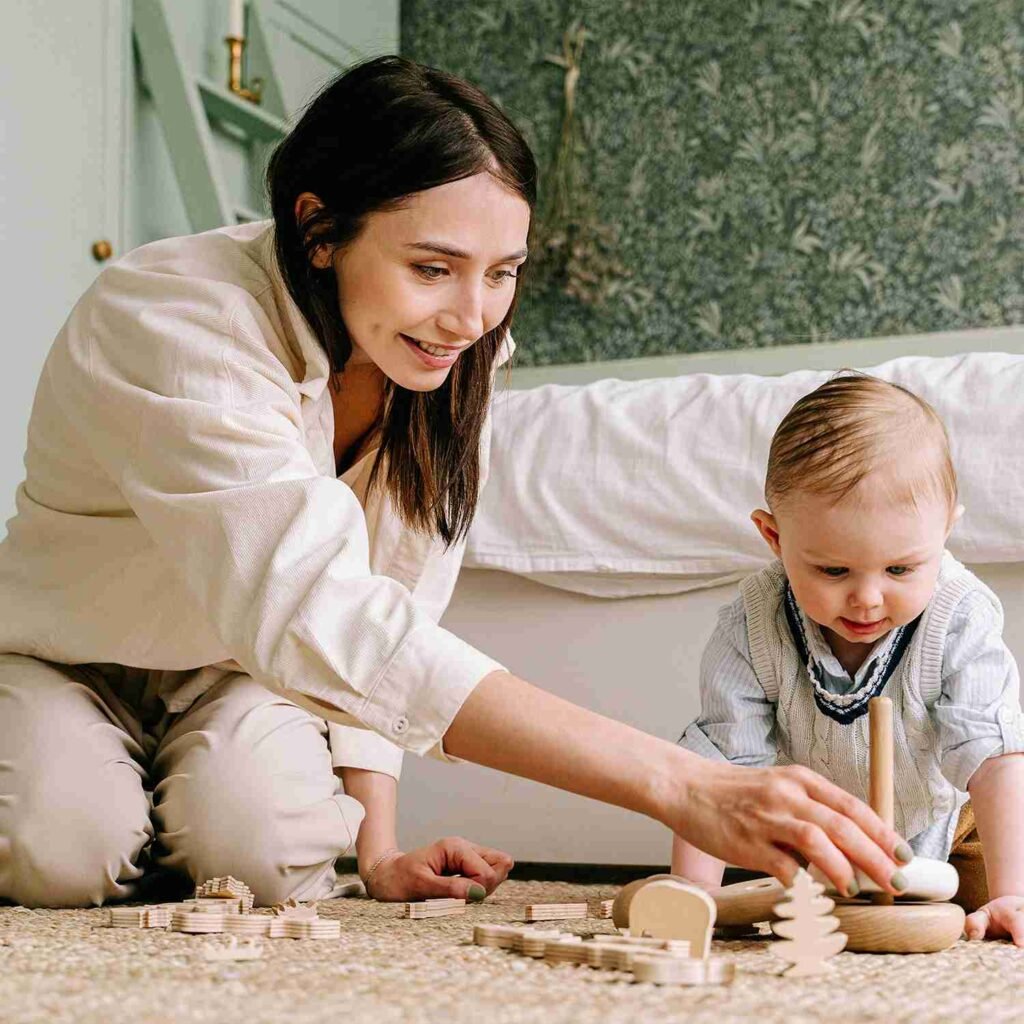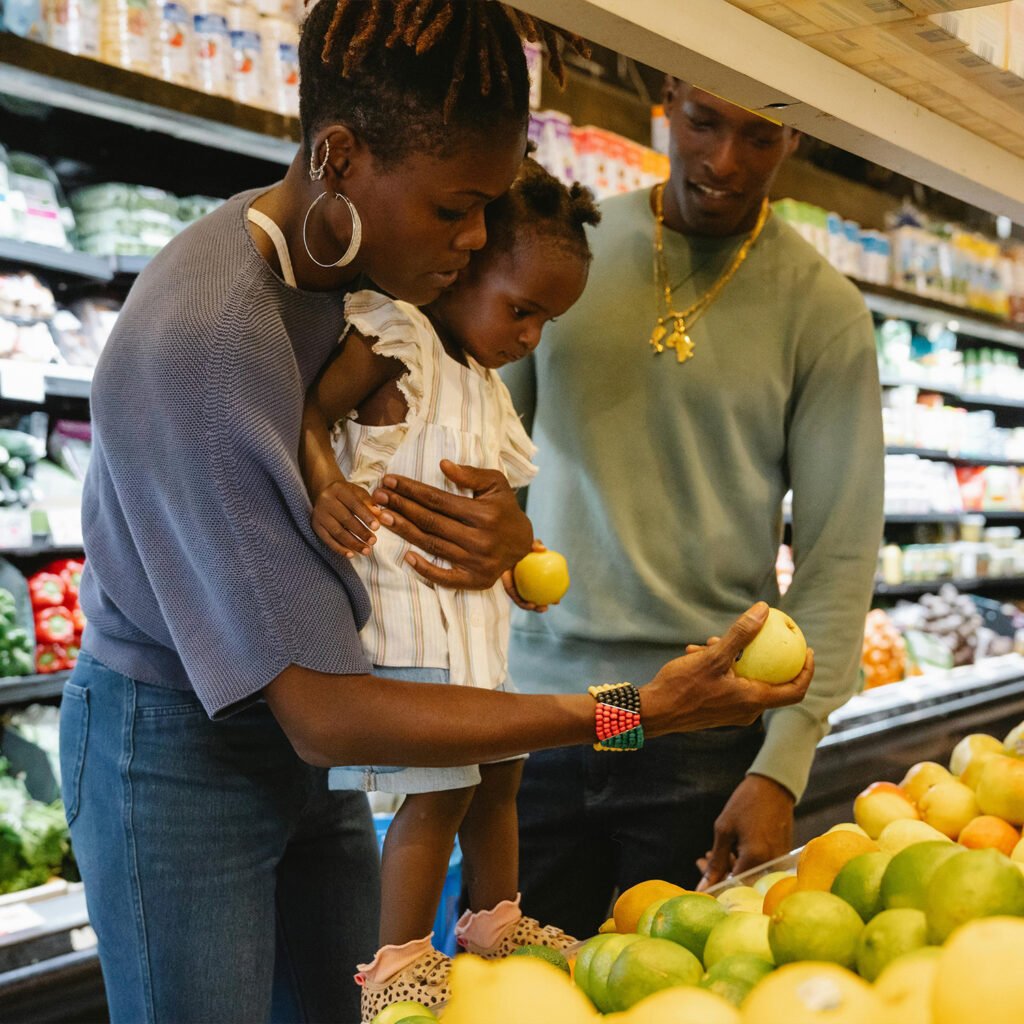Why is play important for babies?Play holds significant importance for infants as it contributes to the establishment of resilient brain architecture, forming the basis for lifelong health and cultivating essential qualities of resilience. Through play, babies engage in activities that stimulate neural development, fostering cognitive, emotional, and social skills.
Engaging in playful interactions with adults is also instrumental in facilitating the development of executive function skills in babies. Activities such as imitation, hiding, and conversation games serve as effective tools for enhancing their ability to focus attention, utilize working memory, and cultivate rudimentary self-control. These interactive experiences provide valuable opportunities for infants to strengthen cognitive abilities essential for learning and problem-solving.
When engaging with a baby in play, it is beneficial to follow their cues and interests. Participate in games that capture their attention, and whenever feasible, allow them to dictate the duration of play and transitions to new activities. By honoring their preferences and pace, caregivers promote a sense of autonomy and agency in the child, fostering a positive and enriching play experience.

“Dickory Dean”
Situate yourself on the edge of a chair or couch, holding the baby securely on your lap. Gently bounce the baby up and down while reciting the chant, ‘What’s the matter with Dickory Dean?’ Next, lift the baby high as you say, ‘He jumped right into the washing machine!’ Lower the baby back onto your lap and sway them gently from side to side, repeating the phrase, ‘Chug, chug, chug, chug’ twice. Resume bouncing the baby while chanting, ‘Nothing’s the matter with Dickory Dean.’ Gradually lower your voice and Situate yourself on the edge of a chair or couch, holding the baby securely on your lap. Gently bounce the baby up and down while reciting the chant, ‘What’s the matter with Dickory Dean?’ Next, lift the baby high as you say, ‘He jumped right into the washing machine!’ Lower the baby back onto your lap and sway them gently from side to side, repeating the phrase, ‘Chug, chug, chug, chug’ twice. Resume bouncing the baby while chanting, ‘Nothing’s the matter with Dickory Dean.’ Gradually lower your voice and say, ‘He dove in dirty…’ as you lower the baby down between your knees. Conclude by exclaiming, ‘And he jumped out clean!’ while lifting the baby up high once again. This interactive game allows babies to engage with repetitive movements and anticipate the excitement of each action, promoting cognitive development and sensory exploration.”

Baby See, Baby Do!
Engage in simple gestures in front of the baby, such as waving your hand, sticking out your tongue, or blowing a kiss. Infants are highly responsive to adult actions and enjoy imitating them. They observe attentively, remember the actions they see, wait for their turn, and then attempt to replicate them. Encourage this imitation by reciprocating when the baby initiates the gesture first. This reciprocal interaction fosters social bonding and enhances the baby’s cognitive development through observation and imitation

Where Is It?
Select a safe object that produces sound, such as a set of jingling keys or a musical toy. Generate the sound to capture the baby’s interest, then conceal the object behind your back or under a blanket. Prompt the baby to search for the hidden item by asking, ‘Where are the keys?’ Upon the baby’s discovery of the object, express enthusiasm and acknowledge their success with phrases like, ‘You found it!’ Vary the hiding locations or choose different objects to maintain engagement, repeating the activity until the baby’s interest wanes. This game promotes cognitive development and sensory exploration while fostering a sense of accomplishment for the baby.

Boom!
Engage in a turn-taking activity with the baby by dropping a small toy into a container. Upon the toy hitting the bottom, vocalize ‘Boom!’ This may elicit laughter or excitement from the baby. After several repetitions, drop the toy into the container without verbalizing anything. The baby may attempt to imitate the ‘Boom!’ sound or produce another noise. If they do, acknowledge their effort by echoing the sound back. Subsequently, encourage the baby to participate actively by dropping toys into the container themselves and vocalizing ‘Boom!’ along with you. This interactive game promotes language development, turn-taking skills, and social engagement in infants.

Grocery Store Explore
While at the market, engage the baby by pointing out and describing various foods. Alternatively, discuss the items the baby is pointing at or showing interest in. Describe the characteristics of the food, such as its type, color, taste, and smell. For example, you might say, ‘I see red and green apples. I wonder if they taste sweet?’ If the baby responds with sounds, listen attentively and continue the conversation. Even though infants at this developmental stage cannot articulate words, they still acquire language skills through active listening and engagement with caregivers.
